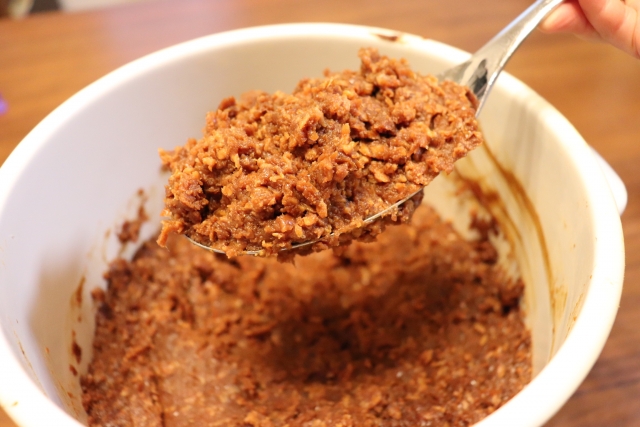Temae Miso (手前味噌 – Self-Praise)
Temae Miso
手前味噌
I think that everyone sometimes wants to compliment themselves.
誰でも、自分自身のことを褒めたくなることがあると思います。
Such an action can be described as temae miso (手前味噌) in Japanese.
そのような行為のことを、日本語で「手前味噌」と表現することがあります。
Te (手) means “hand,” mae (前) means “front,” and the combination temae (手前) means “at hand” or “oneself.”
「手」は “hand”、「前」は “front” を意味し、「手前」で「自分の目の前」や「自分自身」を表します。
In addition, miso (味噌) means “fermented soybean paste,” but it can also mean “an ingenuity point” or “a claim to fame” because miso was made by each house’s unique formula.
また、「味噌」は “fermented soybean paste” を意味する言葉ですが、味噌はかつて各家庭で工夫をこらして作られていたことから、「工夫点」や「自慢とする点」を意味することもあります。
Therefore, temae miso came to have the meaning of “pride” or “self-praise.”
このことから、「手前味噌」は「自慢」の意味を持つようになったというわけです。
[Example] Temae miso desuga, musuko wa kashikoi desu (手前味噌ですが、息子は賢いです – “I don’t mean to brag, but my son is clever”).
【例文】手前味噌ですが、息子は賢いです。




